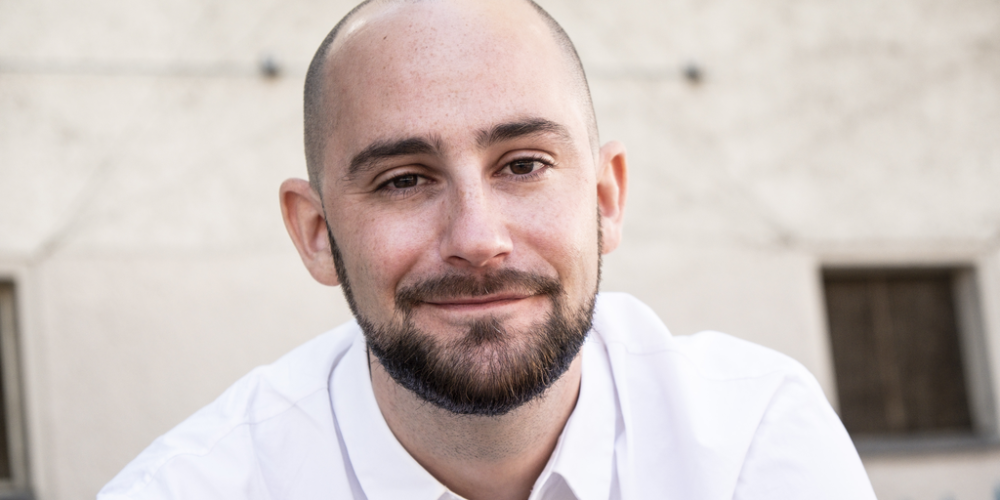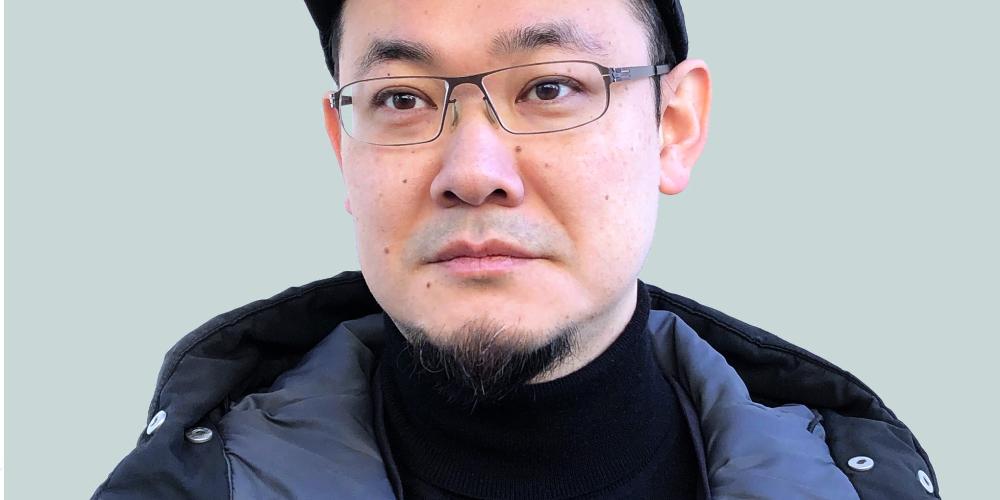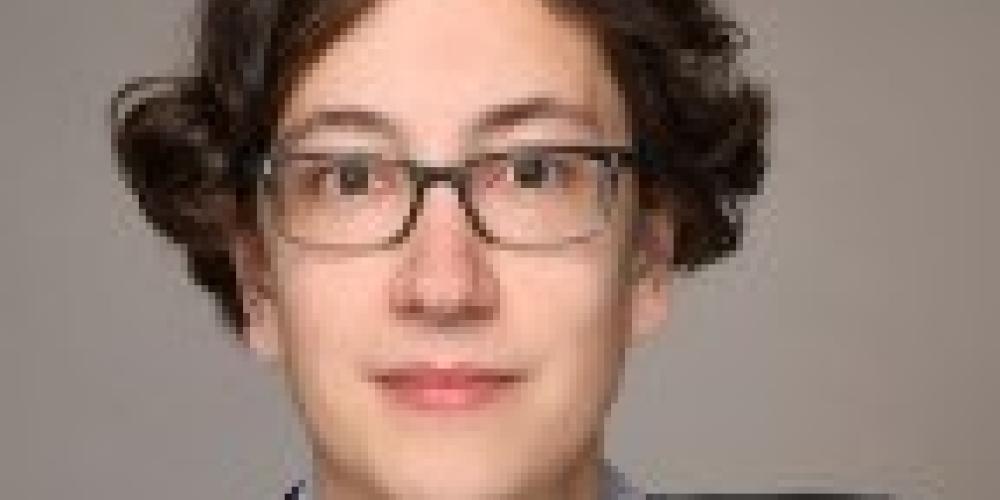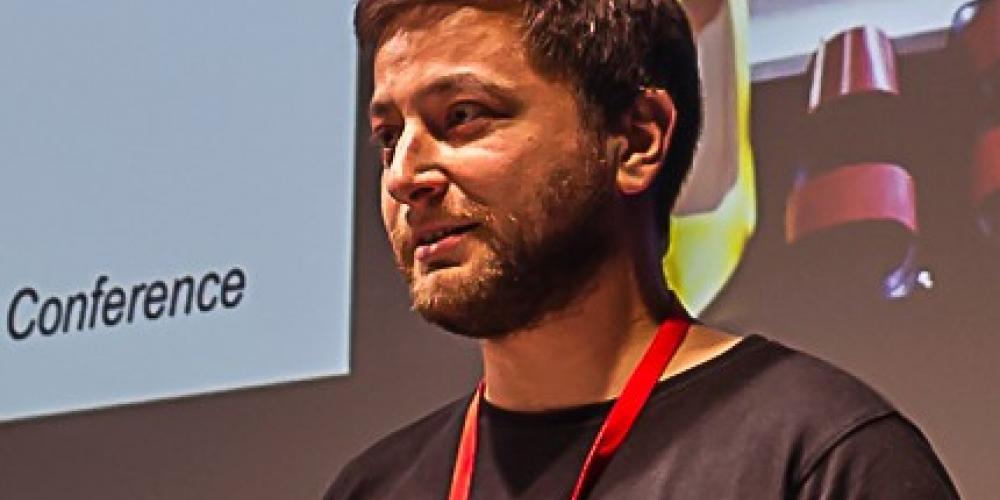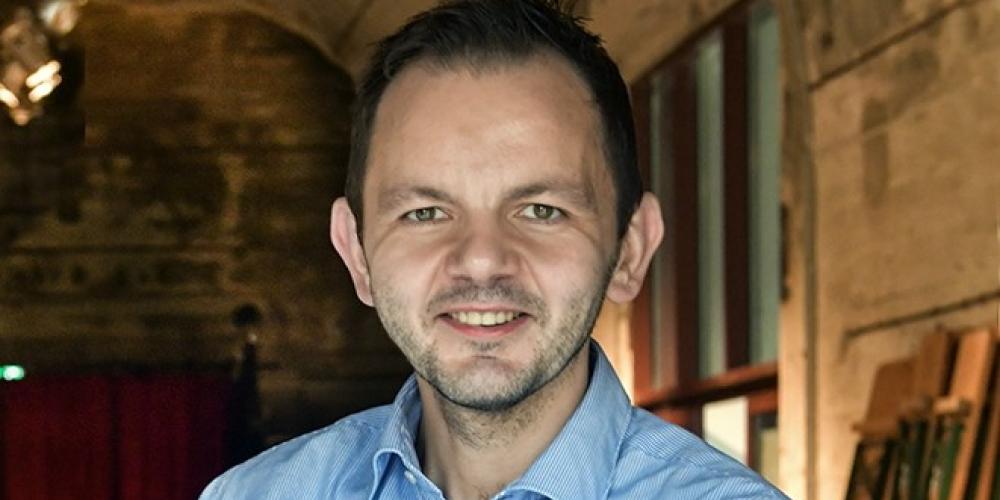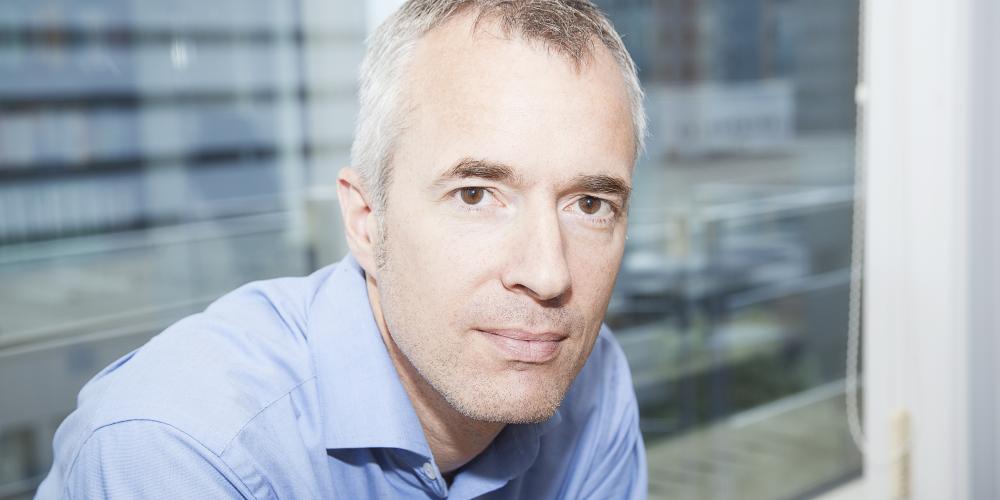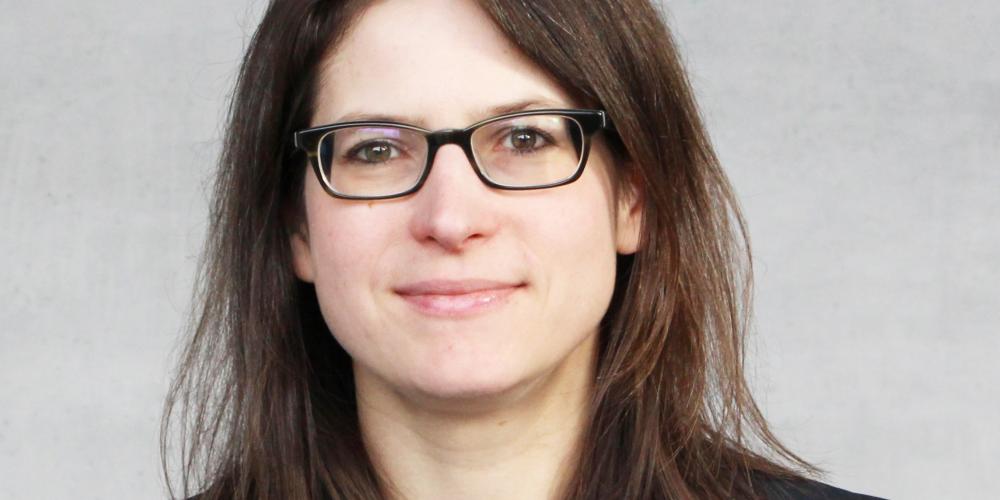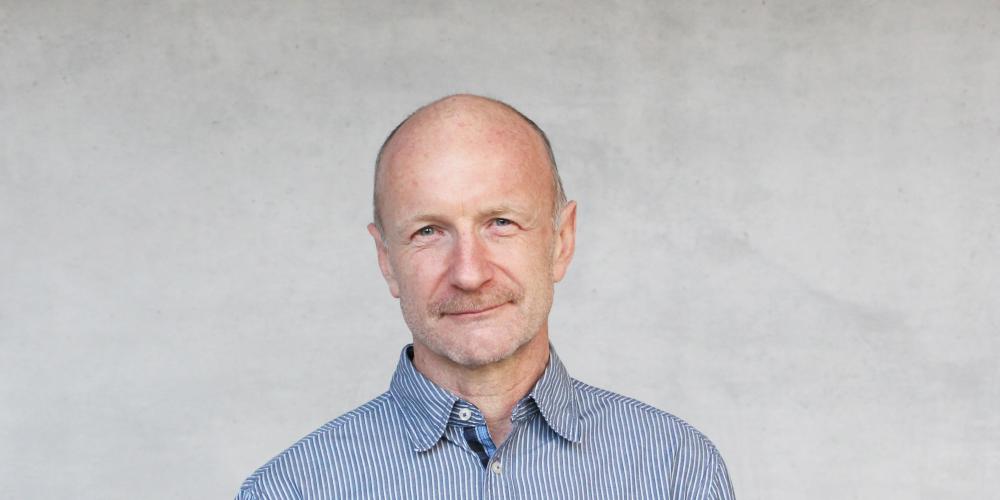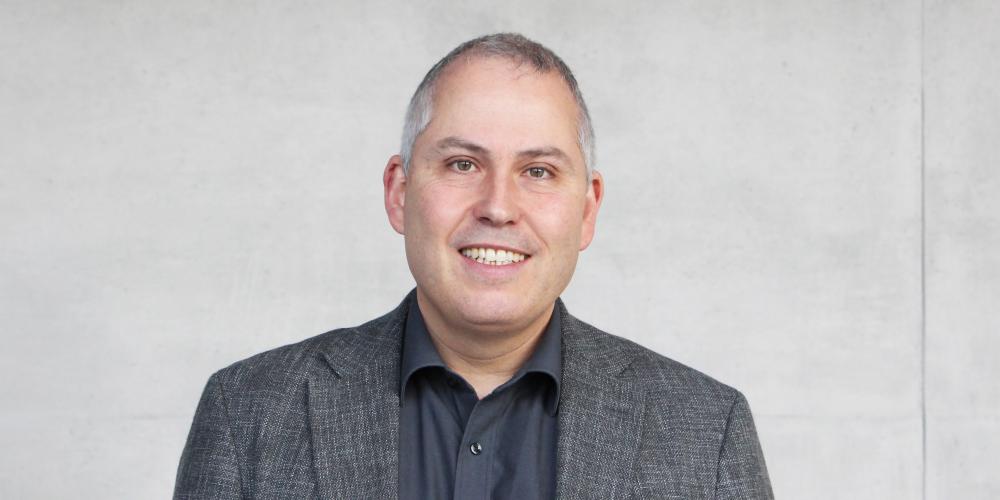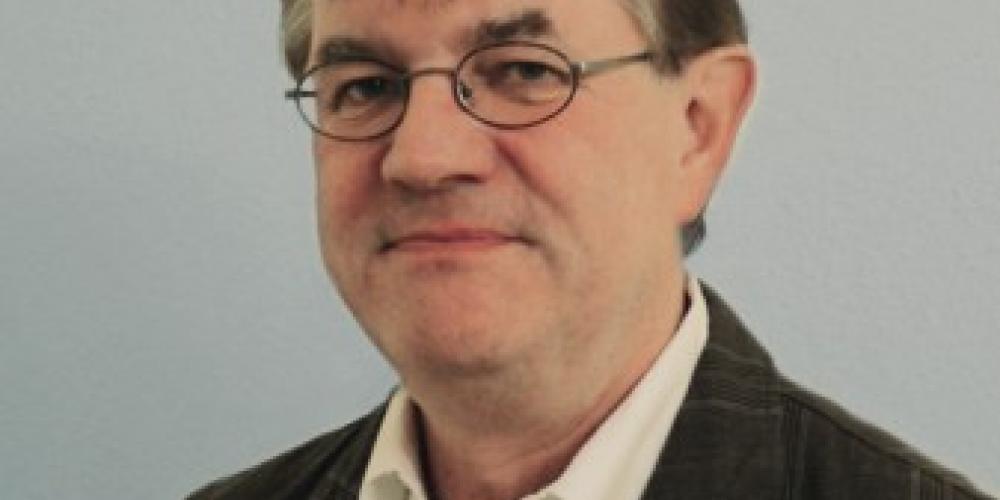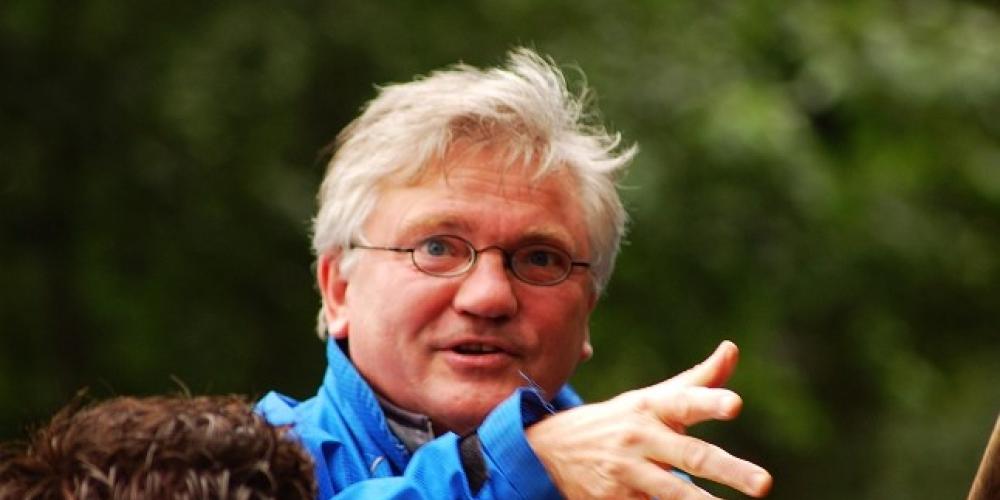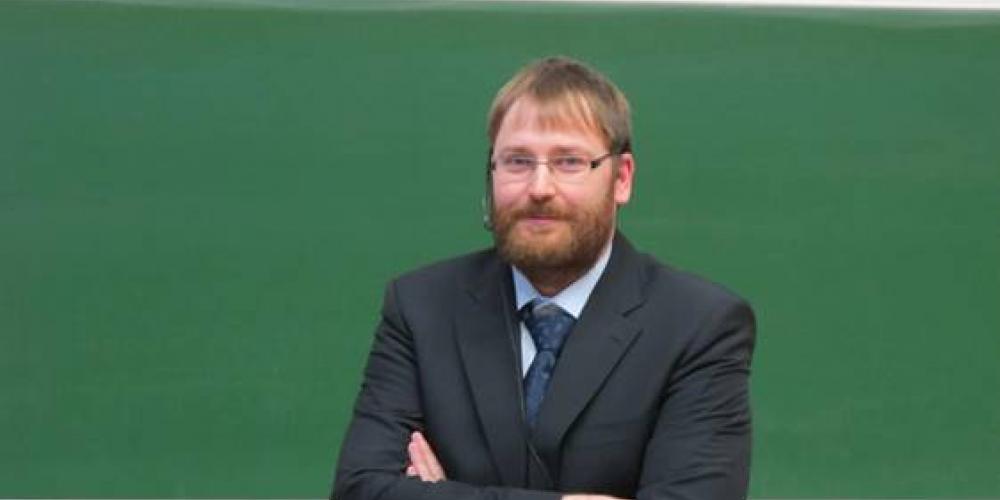Robotics & Artificial Intelligence
Prof. Staab's research combines topics of labor, social structure analysis, sociology of technology and political economy in a contemporary analytical perspective. Currently, Prof. Staab is particularly involved with questions of the political shaping of digital capitalism, the connection between digitalization and sustainability, as well as the role of critical infrastructures for the future viability of modern societies. The professor pursues a theory-oriented, present-diagnostic sociology in the context of social change, conflict, and inequality, which always seeks dialogue with the public.
- consulting,
- drafting of studies and
- policy papers as well as presentations
on important current topics in the areas of society, politics and economics, in particular digitalization and sustainability as well as work. The focus is on future developments of society as well as political and economic options for action.
- Organizing and conducting several conferences with a large political foundation
- Writing a policy study for a large labor union
- Advising members of parliament, ministries as well as the European Commission
Prof. Miyazaki, is a critical humanities scholar working on the theory, critique, and history of digital media, digitization, and computation as productive practice. He uses numerous social-critical, philosophical and technology-related theories of the last century (historical materialism, critical theory, poststructuralism, science and technology studies, media theory, media archaeology, postcolonialism, design studies). Currently, Prof. Miyazaki is working on the theory and history of alternative, non-profit, sustainable production practices that could be realized through other types of digitization. The focus is not only on social change, but also on technical-media change, which has no future without critical knowledge of technology.
Consulting through studies, lectures and talks on current topics in the field of information technologies, algorithms, society, culture and politics with a focus on digitalization, sustainability and criticism. The focus is on the deployment of alternative lifestyles and forms of life in the future, as well as socio-political opportunities to take action.
- Establishment of the Critical Media Lab at the Institute Experimental Design and Media Cultures at the School of Art and Design FHNW (Claudia Mareis).
- Associated Investigator in the Cluster of Excellence "Matters of Activity".
- Publication: "Counter-Dancing Digitality. On Commoning and Computation".
Siemens CT
Professor Greven's expertise is particularly in statistics, data science, statistical learning, machine learning, statistical modeling, statistical inference, biostatistics, and their applications in various fields (economics, social sciences, medicine, epidemiology, engineering, linguistics, etc.). She is also well-versed in functional data analysis and statistics for object data (curves, images, shapes, etc.).
- 2 projects on functional data analysis for sensor data with Siemens CT
Prof. Dr. Alan Akbik conducts research in the field of machine learning (ML) and natural language processing (NLP). His goal is to enable machines to capture, understand, and use natural language like a human.
To this end, he has developed one of the world's leading deep learning frameworks for NLP, which is already being used in over 1,000 research and industrial projects.
Consulting in:
- Deep Learning
- Natural Language Processing (NLP)
- Machine Learning (ML)
- 3 Patents at IBM Research
- Zalando Outstanding Achievement Award
The World Economic Forum (WEF)
Berlin SME
Chemspeed Technologies Ltd
Professor Bojdys research focuses on the design of covalent organic polymers with applications as organic transistor devices and on light-reactive polymers (e.g., Nat. Commun. 2019. DOI: 10.1038/s41467-019-11264-z). He and his team cooperate with established battery and coating companies and with a Berlin SME.
Since 2018, Professor Bojdys has been a member of the "Young Scientists" at the World Economic Forum (WEF) and further serves on their advisory board since 2019.
- Gas sorption analysis: Quantachrome Instruments Autosorb IQ (probegases: N2, Ar).
- Robotic synthesis & formulation: ChemSpeed ASW 2000
- X-ray diffractometers (Cu and Mo radiation, transmittance, Bragg-Brentano and reflectonomy configuration).
- groupwork focusing on flexible batteries with a Berlin SME
- cooperation on robot-assisted synthesis with Chemspeed Technologies Ltd.
- collaboration with The World Economic Forum (WEF)
- council member at "Young Scientists"
- WO/2020/216408 - RECHARGEABLE LITHIUM-ION BATTERY ANODE, AND METHOD FOR PRODUCING A RECHARGEABLE LITHIUM-ION BATTERY ANODE
- WO/2016/027042 - TWO-DIMENSIONAL CARBON NITRIDE MATERIAL AND METHOD OF PREPARATION
- ERC Proof of Concept Grant (Ultra-high energy storage Li-anode materials - LiAnMAT)
- ERC Starting Grant (Beyond Graphene Materials - BEGMAT)
Our daily life more and more depends on computational systems embedded in common appliances. Just think of advanced driver assistance systems in cars, medical devices, or indsutrial supervisory control and data acquisition systems. Since such systems also realise safety-critical tasks, it is all the more important to provide effective and efficient quality assurance for them. The specification, verification and testing theory group researches methods for model-based development and model checking, logical verification, and automated testing of safety-critical software. Prog. Schlingloff is chief scientist of the system quality center at Fraunhofer FOKUS, Berlin, and chairman of the boards of GFaI e.V. and ZeSys e.V.
- Major German company for communication and sensors: Student semester project for the design and implementation of a system for distributed control of indoor air quality.
Prof. Pinkwart’s research group investigates a range of topics including adaptive educational technologies, computer supported collaborative learning, computer science education methods (especially in the fields of programming and modeling), social media and cooperative systems, and socio-technical systems. In addition, they develop multimodal human-computer interaction methods using interactive surfaces, mobile devices and 3D technologies. Prof. Pinkwart is a well-known member of numerous national and international committees and projects in basic and applied research. His team can offer specialised expertise in computer-assisted education and training, especially in the field of mobile and ubiquitous learning and teaching scenarios, computer-based group learning methods, and adaptive mechanisms in e-learning. In this context, Prof. Pinkwart and his team realise numerous research projects and co-operate with several educational institutions and companies. Concerning socio-technical systems, Prof. Pinkwart’s team conducts research on issues of design, implementation and evaluation of group-oriented software applications (e.g. online communities).
- interactive table (multi-touch)
- electronic boards
- tablets (20x)
- co-operation with IT companies: consulting for didactical concepts applied to online courses in the fields of media production and e-learning
- co-operation with e-learning companies: formation of study groups in large online courses
- co-operation with automotive supplier: designing human-machine interfaces for production machines
- co-operation with automotive manufacturer: multimodal control concepts for car infotainment systems
IT system house
IT product manufacturer
international pharmaceutical company
medium-sized biotechnology company
The research of Prof. Leser and his group is focused on all aspects of management, integration and analysis of heterogeneous, large and distributed data sets including natural language texts (text-mining and information extraction). This encompasses subjects such as data warehouses and ETL, graph databases, deep web and semantic web, machine learning, similarity search, scientific workflows, statistical methods of data analysis as well as methods for assessing and securing data quality. The team of Professor Leser conducts research in a variety of interdisciplinary projects, especially with colleagues from the life sciences covering the range from basic molecular biology to Systems Medicine.
Very good IT-facilities:
- several state-of-the-art parallel computer cluster (20-80 CPUs, 1 TB main memory)
- cluster with 60+ cores
- 50TB+ storage
- For an IT service provider: Consultancy and prototype development in the field of master data standardisation and integration
- For an IT-manufacturer: Development and valuation of algorithms for analysing data quality
- For an international pharmaceutical company: Consultancy and development of text-mining-procedures in biomarker development
- For a medium-sized biotech company: Joint system development (partly funded by the German Federal Ministry for Economic Affairs and Energy) in the field of human genotype changes evaluation
local company
Professor Hafner‘s research in Adaptive Systems is concerned with extracting principles of intelligence from biological systems and transferring them to artificial systems. We focus on the transfer of cognitive skills to autonomous robots. The challenge not only lies in building intelligent autonomous robots, but also in gaining insights into biological systems through robot experiments. Our main research themes are sensorimotor learning, internal models for prediction, attentional processes, and spatial cognition. The methodological approaches cover evolutionary algorithms, neural learning, and information theory. We use various types of mobile robots as research platforms, e.g. humanoid, mobile, flying and underwater robots, as well as software simulations. Professor Hafner is IEEE Senior Member and Principal Investigator in several projects funded by the EU.
- Local company for automation and robotics: Student semester project for the development of a collaborative fleet management system for autonomous transport robots.
Research at the chair of Wireless Broadband Communication systems within the computer engineering group focuses on communication systems for ultra-high data rates. Professor Eckhard Grass and his research group develop and investigate systems operating at ultra-high frequencies and research techniques and methods to improve the efficiency and reliability of wireless communication. The main reserach and developement focus is physical layers (PHY) and MAC layers.
- Complete toolchain for modelling, simulation, design and test of communication systems
- Software Defined Radio (SDR) modules
- Various FPGA platforms and toolchains for FPGA design
- Modules for mm-wave communications
- Measurement equipment such as oscillosocopes, spectrum analyzers, arbitrary waveform generators
- Development of a system for high-speed wireless communication with simultaneous distance measurement for a renowned automotive supplier
- mm-wave communication system with integrated positioning of mobile nodes for augmented reality applications for German industrial equipment supplier
- Joint development of a system for secure wireless communication for industry 4.0 together German industry partners
- mm-wave connections for 5G transport networks with European industry partners
The chair of Visual Computing develops new methods for the analysis and synthesis of image and video data. This includes algorithms for estimating shape, material, motion and deformation from monocular and multi-view camera systems. Both in national and international collaborations, those algorithms are exploited in applications like multimedia, VR/AR, industry, medicine, and security.
- Various cameras
- Multispectral sensors, 3D sensors
- Lighting and calibration systems
- Development of new methods for automatic inspection and damage classification of sewer networks with a water supply company
- Development of augmented reality systems for automobile production processes with a car manufacturer
- Analysis of multispectral imaging for tissue classification in collaboration with medical technology manufacturer
G.F. Schreinzer Positronik, Steinbeis GmbH & Co. KG, Steinbeis GmbH & Co. KG, Pronova Analysentechnik GmbH & Co. KG, newtec Umwelttechnik GmbH
Biosystems engineering works at the interface between engineering and biological production processes. Prof. Schmidt and his team develop engineering solutions for a sustainable agricultural production of crops and other environmental friendly technologies. Prof. Schmidt’s research thus leads to innovative plant farming methods in greenhouses, outdoors and other intensive crop farming systems. Alternative energy supply systems (low energy greenhouses) and closed material cycles for intensive crop farming (water hygiene, sensor systems and algorithms for fully automated nutrient solution supply in closed cycles) are Prof. Schmidt’s research area. His main activity herein is the development of sensors for gas analyses, climate measurement technology and that of software supporting decision making in automation systems. Moreover, the team also provides energetic assessments in complete production systems and parts thereof as well as process analyses.
- Experimental greenhouses with energy and material flow analytics, CO2 enrichment, artificial lights and fog systems
- Plant monitors for continuous measurement of photosynthesis, transpiration, tissue temperature, stomatal conductance, climate measurement, gas analyses (Co2, ethylene), soil moisture sensors
- Freely programmable automation system for climate and process control in greenhouses
- G.F. Schreinzer Positronik, Steinbeis GmbH & Co. KG: Development of an automation system for greenhouses based on measurement details of plants (Phytocontrol)
- Steinbeis GmbH & Co. KG: National collaborative research project „The Low Energy Greenhouse“ („Zukunftsinitiative Niederigenergiegewächshaus“, ZINEG)
- Pronova Analysentechnik GmbH & Co. KG: Development of ionselective sensors for continuous recording of ion proportion in circulating nutrient solution systems; Development of measuring device to analyse phytometric reactions in plants
- newtec Umwelttechnik GmbH: Development of re-circulating irrigation system with reduced phytosanitary risk in greenhouses
Prof. Haerdle’s main research interests are quantitative finance, esp. multivariate methods in banking and finance, dimension reduction techniques, and computational statistics. In his roles both as coordinator of the Collaborative Research Center “Economic Risk” (CRC 649) and director of the interdisciplinary Center for Applied Statistics and Economics (C.A.S.E.) he primarily investigates economic risks on a global scale. Prof. Haerdle’s research aims at facilitating the evaluation of such risks and to reduce uncertainty to improve economic actors’ decision-making.
Prof. Haerdle is Distinguished Visiting Professor Wang Yanan Institute for Studies in Economics (WISE) at Xiamen University, China, as well as director of the International Research Training Group “High Dimensional Non Stationary Time Series” (ITRG 1792). Among other distinctions he received the “Econometric Theory Multa Scripsit Award” in 2012.
- multivariate statistical analysis (factor analysis, cluster Analysis, etc.)
- portfolio optimisation
- risk management
- hedging
- pricing derivatives
- functional data analysis
- non- and semi-parametric methods
- data visualisation
- Ongoing cooperation with and lecturing for leading international financial institutions
- Center for Applied Statistics and Economics (C.A.S.E.): interdisciplinary research centre with the goal to analyze and solve current complex economic problems and those arising in related fields with the help of quantitative methods and computing. Its research subjects range from weather risk, aging societies, crime to property markets
- Collaborative Research Center “Economic Risk” (CRC 649): center of transdisciplinary research where insights from economics, mathematics and statistics converge to analyze economic risks and risk factors. The CRC offers an international platform for discussion of the latest research results and collaborations
TWT GmbH
At the Chair of Software Engineering, Prof. Grunske and his team specialise in methods of software technology relevant to the field of automated development and quality control of software systems. His work also involves probabilistic techniques on the basis of which the probable and less probable behaviour of a program can be modelled. This allows for easier discovery and correction of software anomalies. Such statistic models are used in the monitoring and debugging of programs during runtime as well as in testing software, which supports the development of safe and reliable software systems. Furthermore, Prof. Grunske develops methods that enable a precise definition of the quality requirements of software systems, the formalisation of verification conditions as well as the (technical) safety in embedded systems and process and performance management.
- Software engineering
- Testing and verification
- Statistics/probabilistic methods
- Formalisation of application scenarios in cooperation with TWT GmbH: “Safe.Spec: Quality control of behaviour requirements”
- Using software systems to derive probabilistic models that can be used as specification during the software engineering process: „EMPRESS: Extracting and Mining of Probabilistic Event Structures from Software Systems”
- Development of evaluation methods for probabilistic models as well as machine learning based techniques for the transformation of models: “ENSURE-II: ENsurance of Software evolution by Run-time cErtification”
